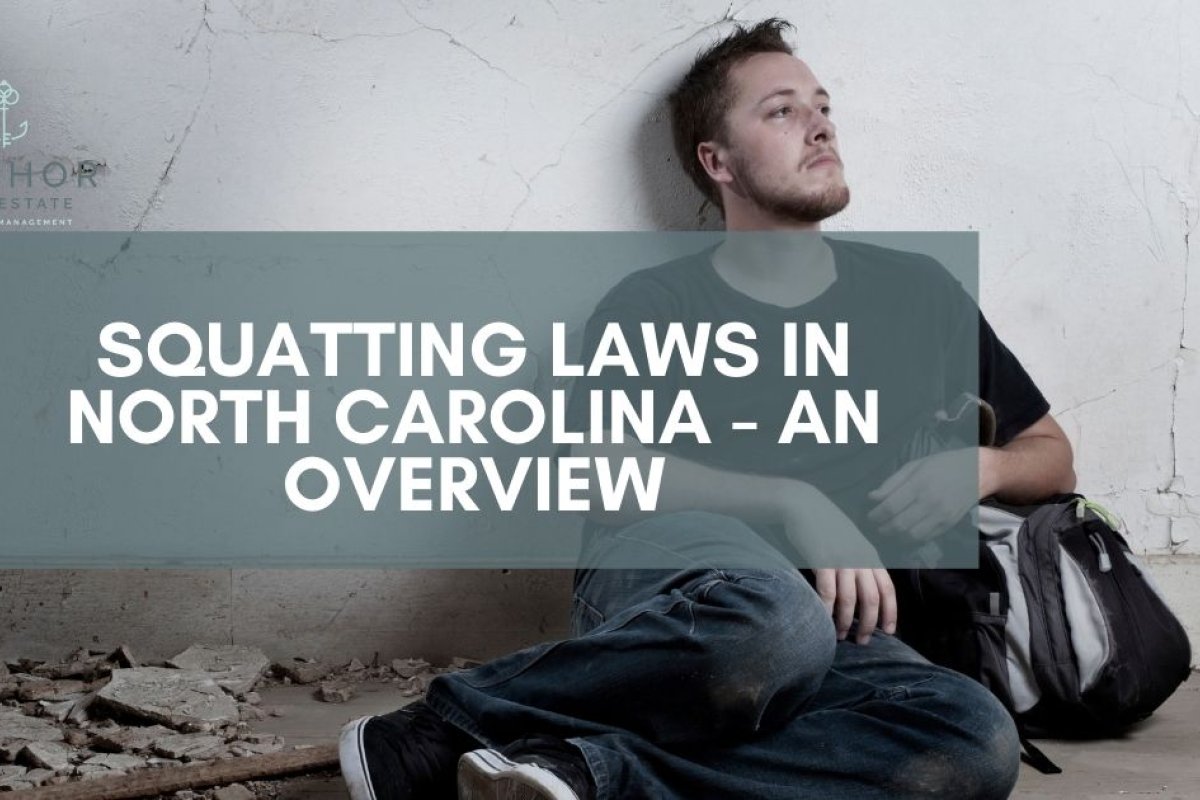Squatting occurs when a person occupies your property without your consent. This also means there's no legally binding lease compelling a tenant to pay you rent.
So, how does squatting occur in the first place?
Here’s a scenario. Suppose you’ve bought an acre unimproved parcel of land, which you’re looking to develop sometime in the future, or a small home. It's in North Carolina, and years go by without you ever visiting it.
20 years later, you get an official document in your mail telling you that someone is taking legal possession of the property. As you come to learn, the person has been living on the property the whole entire time.
Naturally, you call a lawyer and inform them of the matter. But unfortunately, the lawyer tells you there is nothing to be done at this point. According to North Carolina adverse possession laws, a squatter can take ownership of someone else’s property after residing on it for at least 20 years.
And just like that, your investment is gone!
Who is a Squatter in North Carolina?

In North Carolina, a squatter is someone that occupies someone else’s property without permission. Such properties are usually unoccupied, abandoned, or foreclosed.
Are Squatting and Trespassing Different?
Yes, they are. To begin with, a squatter occupies a property with the intention of owning it. A squatter may or may not know that they're squatting on someone else’s property. Trespassing, on the other hand, is the act of knowingly entering someone else’s property without permission.
Also, squatting is civil in nature, while trespassing is a felony.
What About Holdover Tenants?
Tenants who remain in their rented properties after their lease has expired are known as holdover tenants. Fundamentally, they are different from squatters and are usually dealt with in an entirely different way.
If you choose to accept their rent payments, the tenant may continue living on their rented premises under the existing terms and conditions. In this situation, the tenant becomes ‘tenant at will’. Basically, this means that they are living on the premises at your will and you can evict them at any time without notice.
However, if you choose not to accept further rent payments, your tenant will have no option but to leave. If they don’t, you have the option to file an unlawful detainer lawsuit. At this point, the tenant will not be able to make an adverse possession claim.
What Are the Requirements for an Adverse Possession Claim in North Carolina?
There are certain requirements that squatters in North Carolina must fulfil in order to qualify for an adverse possession claim. The requirements are as follows:
1. Continuous Possession
A squatter may be able to make a legal claim to a property after residing there for a certain number of years. In North Carolina, it must be at least 20 years.
And this entire period of time must be uninterrupted. In other words, the squatter must have not abandoned the property at any point.

